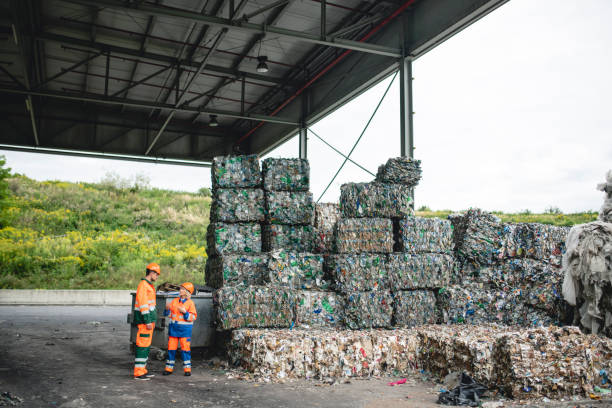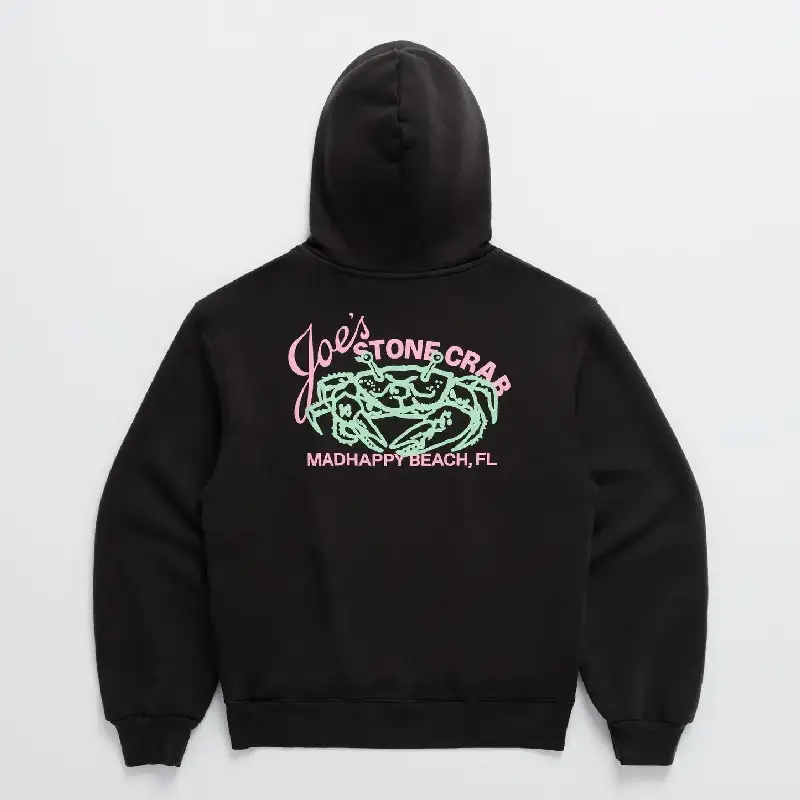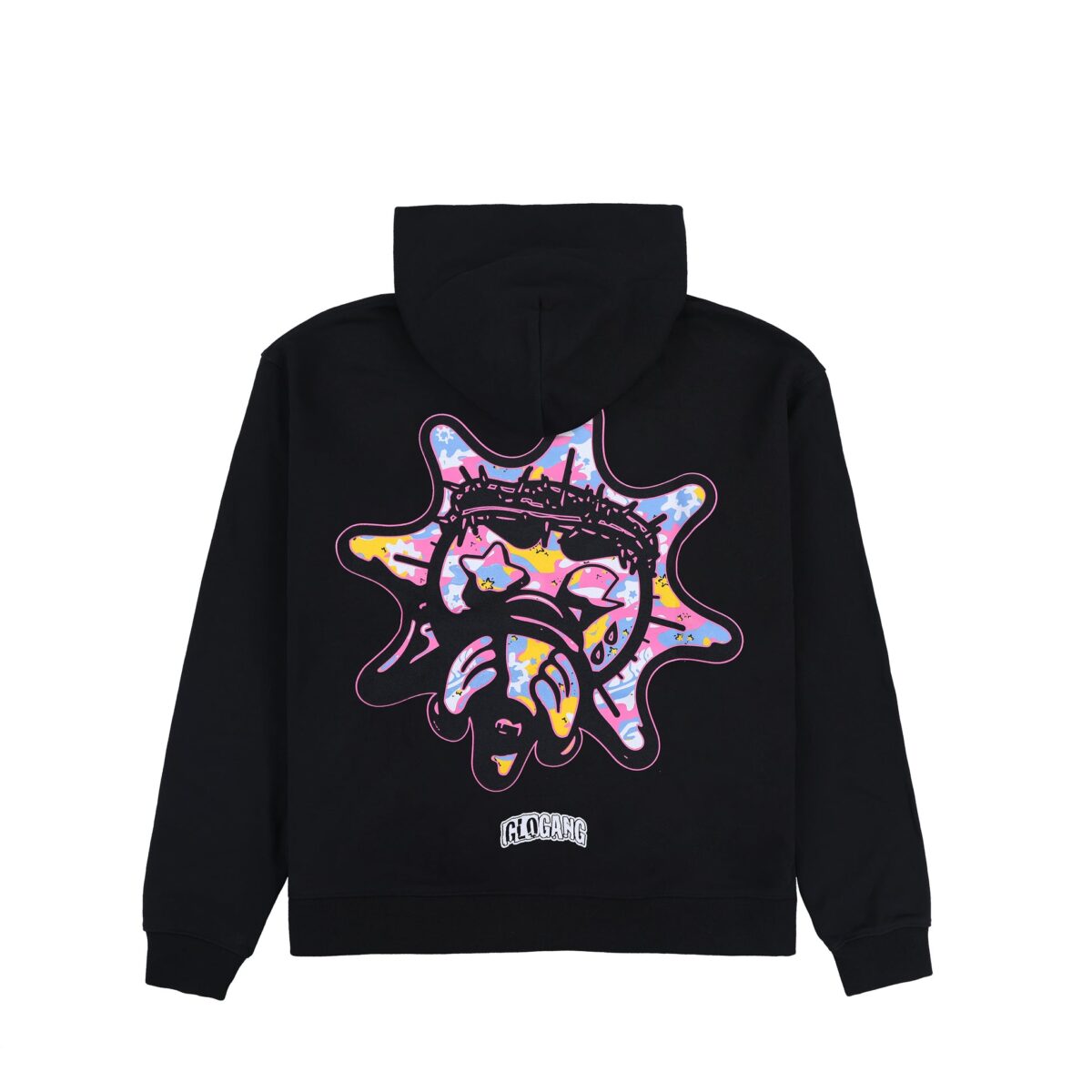How to Evaluate Wholesale Clothing Suppliers for Your Business

Selecting the appropriate wholesale clothing suppliers is a crucial step in starting or growing a retail apparel business. Knowing the specifics of assessing suppliers in a certain industry, like Wholesale Clothing Suppliers in Spain, can have a big impact on how successful your company is. You can make sure you associate with the best providers for your needs by using our complete guide, which will assist you in navigating the process.
Importance of Choosing the Right Supplier
Selecting the right wholesale clothing supplier is crucial for several reasons:
· Quality Assurance:
The quality of the products you offer will define your brand’s reputation.
· Cost Efficiency:
The right supplier can offer competitive pricing, which affects your profit margins.
· Reliability:
Consistent supply and timely deliveries are essential to maintaining inventory levels and meeting customer demands.
Researching Wholesale Clothing Suppliers in Spain
Spain is renowned for its fashion industry, making it an excellent location for sourcing quality wholesale clothing. Here’s how to start your research:
Online Directories and Marketplaces
Online directories list various suppliers. Additionally, many marketplaces also have wholesale sections. Search for “Wholesale Clothing Suppliers in Spain” to find relevant listings.
Trade Shows and Expos
Attending trade shows which allows you to meet suppliers face-to-face, inspect the quality of their products, and negotiate terms directly.
Evaluating the Credibility of Suppliers
Once you have a list of potential suppliers, it’s crucial to evaluate their credibility to ensure they are reliable and trustworthy.
Verify Business Credentials
Check the supplier’s business registration, licenses, and certifications. In Spain, this can be done through the Mercantile Registry.
Review Customer Feedback
Look for reviews and testimonials from other businesses that have worked with the supplier. Websites like Trustpilot and business forums can be helpful.
Request References
Ask the supplier for references from their current clients. Speaking directly to these clients can provide first-hand insights into the supplier’s reliability and product quality.
Assessing Product Quality
Product quality is non-negotiable in the fashion industry. Here are steps to ensure you get high-quality products from wholesale clothing suppliers in Spain:
Request Samples
Always request samples before placing a bulk order. Examine the materials, stitching, and overall finish of the products.
Conduct Quality Control Inspections
If possible, visit the supplier’s factory to conduct on-site inspections. This can help you understand their manufacturing process and quality control measures.
Check Compliance with Standards
Ensure that the products comply with local and international standards. For instance, check for certifications, which ensures the textiles are free from harmful substances.
Evaluating Pricing and Payment Terms
Pricing and payment terms can significantly affect your cash flow and profitability. Here’s what to consider:
Compare Pricing
Get quotes from multiple suppliers and compare them. Ensure that the price includes all costs such as shipping, taxes, and duties.
Understand Payment Terms
Clarify the payment terms – whether it’s upfront, in installments, or on credit. Understand any penalties for late payments or cancellations.
Negotiate Terms
Don’t hesitate to negotiate. Better terms can improve your cash flow and reduce financial risk.
Analyzing Supplier Reliability
A reliable supplier is crucial for maintaining consistent inventory levels and meeting customer demands.
Evaluate Delivery Timelines
Assess the supplier’s ability to meet delivery timelines. Delays can disrupt your business operations and lead to lost sales.
Review Inventory Management Practices
Understand how the supplier manages their inventory. Do they keep sufficient stock levels to fulfill your orders promptly?
Assess Communication Channels
Effective communication is vital for resolving issues quickly. Ensure the supplier has clear and responsive communication channels.
Building a Long-term Relationship
A strong relationship with your supplier can lead to better terms and collaboration opportunities.
Maintain Regular Communication
Keep in touch regularly to discuss any issues, upcoming trends, or potential bulk orders.
Provide Feedback
Constructive feedback helps suppliers improve their services and products, benefiting both parties.
Collaborate on Innovations
Work together on product innovations or exclusive lines that can set your brand apart in the market.
Leveraging Technology for Better Management
In today’s digital age, leveraging technology can streamline supplier management and improve efficiency.
Use Supply Chain Management Software
Software solutions can help you track orders, manage inventory, and forecast demand.
Implement EDI Systems
Electronic Data Interchange (EDI) systems facilitate seamless communication and data exchange between you and your suppliers.
Adopt Cloud-Based Collaboration Tools
Tools can enhance collaboration and project management with your suppliers.
Tips for Effective Negotiation
Negotiation is a critical skill when dealing with wholesale clothing suppliers. Here are some tips to help you achieve favorable terms:
Understand Your Needs and Limits
Before entering negotiations, clearly define your needs and limits. Know your budget, desired order quantities, and acceptable delivery times.
Do Your Homework
Research the supplier’s market and competitors. Understanding their position in the market can provide leverage in negotiations.
Be Prepared to Walk Away
If the terms are not favorable, be prepared to walk away. Sometimes, demonstrating a willingness to find another supplier can encourage better offers.
Build Relationships
Building a positive relationship with your supplier can lead to better terms. Show respect, be professional, and communicate clearly.
Look for Positive Solutions
Aim for solutions that benefit both parties. Suppliers are more likely to agree to terms that meet their needs as well.
Legal Considerations
When dealing with international suppliers, understanding the legal landscape is crucial to avoid potential pitfalls.
Contractual Agreements
Ensure all terms and conditions are clearly outlined in a written contract. This should cover pricing, payment terms, delivery schedules, quality standards, and dispute resolution mechanisms.
Intellectual Property Rights
Protect your designs and brand by understanding the intellectual property laws in Spain. Register your trademarks and designs to prevent unauthorized use.
Import Regulations
Familiarize yourself with import regulations, including duties, tariffs, and customs procedures. Consulting with a customs broker can simplify the process.
Selecting the best wholesale apparel suppliers in Spain is a complex process that necessitates giving careful thought to a number of variables, such as dependability, product quality, pricing, and credibility. You may create solid supplier relationships that propel your company’s development by carrying out in-depth research, carefully vetting possible suppliers, and utilizing technology. Recall that the objective is to identify a supplier who can help your company thrive over the long term in addition to meeting your immediate demands.









